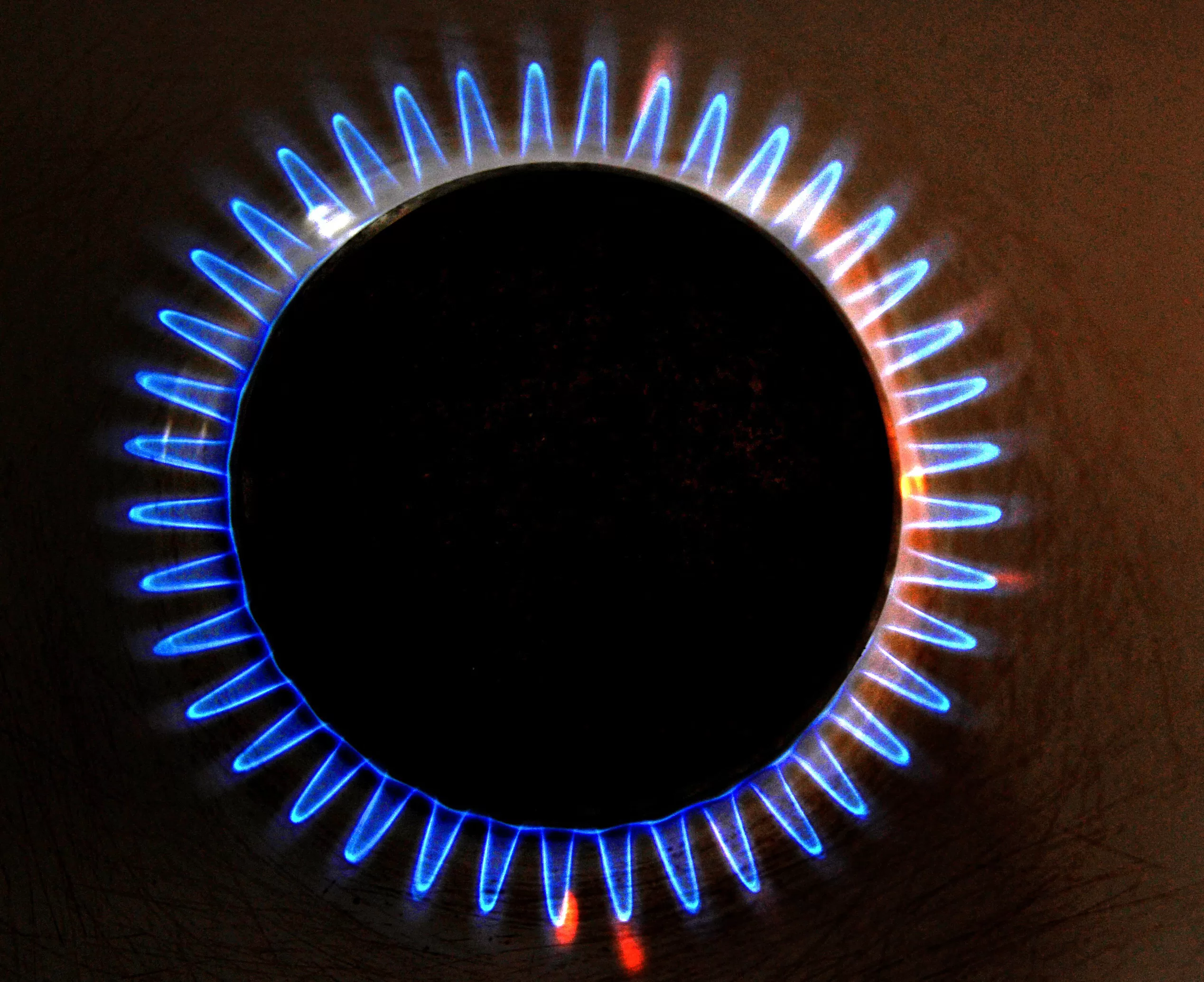Republicans claimed victory over the rule, which was more modest than DOE’s initial proposal for tighter efficiency standards (though that would not have banned gas stoves, either). Democrats, meanwhile, accused GOP lawmakers of freaking out over nothing.
Rep. Debbie Lesko of Arizona, who
sponsored House-passed legislation last year to block DOE’s proposed rule, said in a statement that the bill had “helped the Biden Administration realize they had to dial back their radical agenda.” House Energy and Commerce Chair Cathy McMorris Rodgers (R-Wash.) similarly credited lawmakers’ actions, saying that “thanks to a bipartisan vote in the House last year, the administration is feeling the heat on their efforts to ban home appliances.”
The panel’s top Democrat, Rep. Frank Pallone of New Jersey, responded that Republicans had “shamelessly employed baseless scare tactics on this issue to distract from the reality that they have no solutions of their own for lowering energy costs or reducing emissions.”
Pallone also praised the final efficiency standards as “smart” and “achievable.”
Despite GOP warnings that gas stoves were in Biden’s climate crosshairs, DOE’s new measure would affect just 3 percent of the models on the market now, the agency said.
Some people more directly in the fight said they think the fracas has now been resolved — at least at the federal level. The stoves remain in the crosshairs of climate activists in liberal states and cities, where
dozens of efforts to ban them have kicked off skirmishes from coast to coast. A federal court
blocked one effort by Berkeley, California to prohibit the installation of gas stoves, and a New York state measure to block new gas stoves and furnaces starting in 2026 has been challenged in court there.
As for the DOE rule, “I think that’s simply been resolved,” said Andrew deLaski, executive director of the Appliance Standards Awareness Project, which was among the groups involved in the joint recommendation that DOE ultimately matched. “And you have to be disingenuous to take issue now with something that will require improvements in only a few models.”
Dan Reicher, a former assistant secretary for energy efficiency and renewable energy during the Clinton administration, said controversies around efficiency rules are often stoked by the messaging around the planned rule, as well as the party of the administration, especially when taking on a powerful industry.
“We have a very partisan Capitol Hill, where climate and energy issues are hotly debated, and this is another place to debate very different philosophies,” he said.
The stove fight had been simmering in the background thanks to the fight over state and local efforts to ban the appliances. But the firestorm was kicked off in earnest last year by a lone commissioner on the Consumer Product Safety Commission who
called gas stoves a “hidden hazard” and suggested the agency could consider a ban — even though he had acknowledged months earlier that he
didn’t have the votes to make that a reality.
In the House, the pushback spurred hearings and prompted
lawmakers to pass bipartisan bills focused on the appliances. One of them, from Lesko, was aimed at preemptively stopping the DOE from finalizing its proposed efficiency regulation.
The DOE rulemaking marked a first-of-its-kind efficiency effort for gas stoves. As many as roughly half the models on the market may have failed to meet the original proposal that DOE floated last year — but the final rule issued Monday turns down the heat. The new rule will require only a small portion of models to make “modest” improvements to match the level of energy efficiency demonstrated by the majority already on the market, according to the department. Compliance will be required in newly manufactured models, including imported ones, beginning in 2028.
The finalized rule also included standards for electric stoves and ovens. The department said 77 percent of electric stove models on the market would already meet those new standards.
Karen Harbert, head of the American Gas Association, which represents gas utilities, called the rule “clearly a step in the right direction,” but she cautioned that AGA remains “concerned” with DOE’s precedent of establishing efficiency standards.
The rule “makes clear that the department understands they lacked the authority or justification to remove a high percentage of appliances from the market,” she added.
Reicher, now a senior scholar at the Stanford Doerr School of Sustainability, told POLITICO that DOE’s decision to incorporate the goals of the various interest groups could help give the new rule more staying power and reduce the threats to it from litigation — even in the face of a hostile new administration.
“There’s always that lack of assurance when you set a standard, it might be litigated, a subsequent president might undo it,” he said. “There’s any number of things that can happen, but given that this is a consensus standard, that’s the best way to put a new standard on the safest track going forward.”
The department projected Monday that the standards will decrease carbon dioxide emissions by nearly 4 million metric tons cumulatively over 30 years — roughly equivalent to the combined annual emissions associated with the energy use of 500,000 households.
Still, the fight over efficiency standards is likely to extend to other department rulemakings.
The department is working on addressing “a backlog of Congressionally-mandated energy efficiency actions that is delaying a projected $1 trillion in consumer savings from reaching the American people,” Energy Secretary Jennifer Granholm said in the statement on Monday. On the docket are upcoming rules for dishwashers and clothes washers and dryers.
Rep. Kelly Armstrong (R-N.D.), who sponsored legislation aimed at actions from the Consumer Products Safety Commission, said Monday it was the Biden administration’s push to control the kind of stove Americans use that spurred the backlash.
“Now, it slapped a new face on its plan to dictate what is acceptable,” he added in a statement. “Here’s an idea. Let Americans decide what stove is right for their families, not the federal government.”
